iHeartDogs is reader-supported. When you buy via links on our site, we may earn an affiliate commission at no extra cost to you.

We all want as many years with our labs as possible. As your lab ages, you may be looking for additional ways to support their health.
The following list of supplements is among the top recommended products for senior labs. As always, be sure to consult your own veterinarian before making any changes to your lab’s dietary or medical regimen.
1. Glucosamine & Chondroitin for Supporting Your Senior Lab’s Aging Joints
Joint pain and arthritis are some of the most common ailments an aging lab will face. Supplements containing glucosamine aid in replacing lost joint fluid, providing much-needed lubrication and cushioning to stiff, achy joints. Chondroitin sulfate has been shown to improve the structural integrity of joints by repairing damaged cartilage and preventing further cartilage breakdown.
You can learn more about the glucosamine and chondrointin supplement iHeartDogs recommends here. 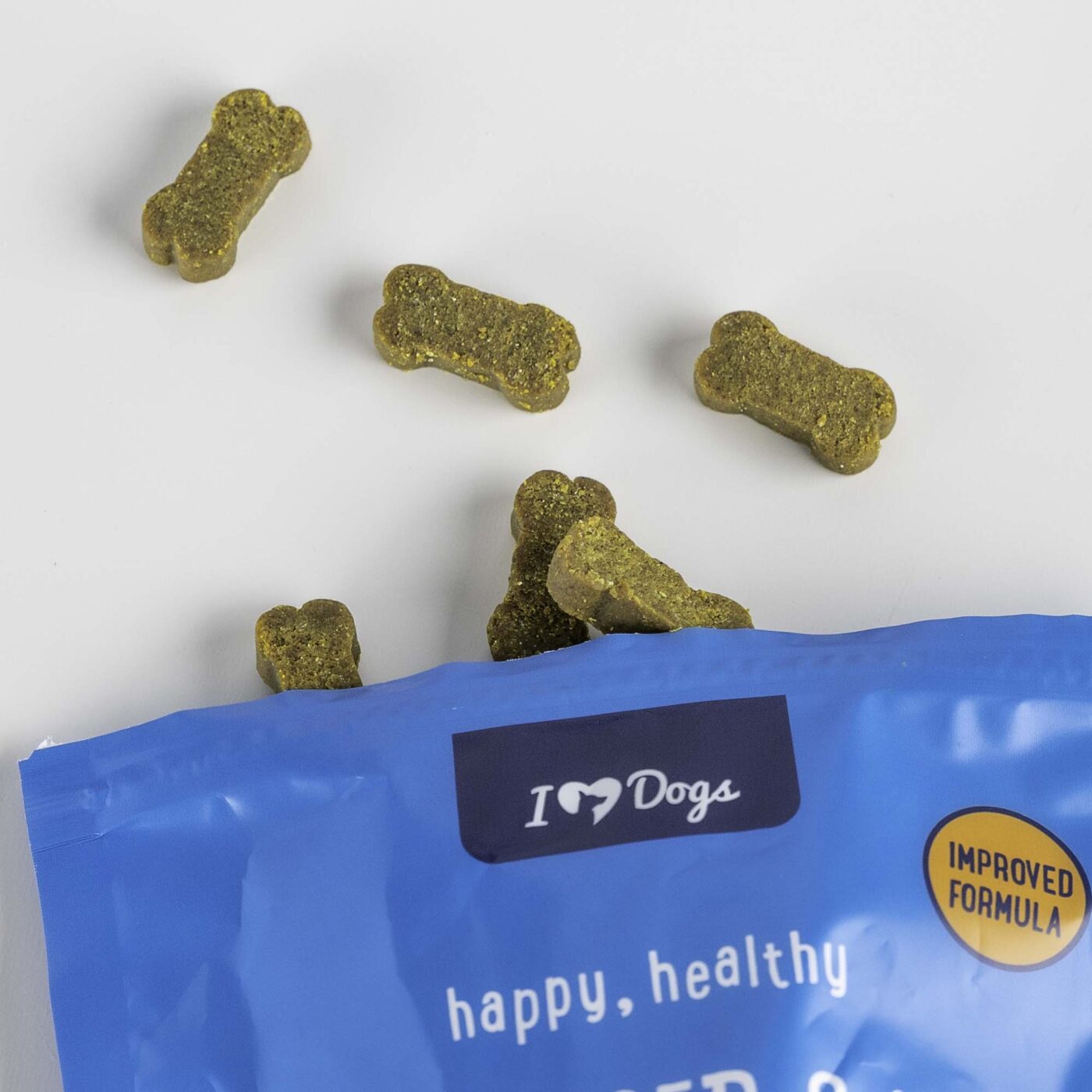
2. Probiotics for Immune & Gut Support for Your Senior Lab
Probiotics are supplements containing large doses of microorganisms. They promote a healthy GI tract by allowing the “good” bacteria in the gut to flourish. “Bad” bacteria often accumulate due to stress, illness and long-term medication use. Since the majority of your senior dog’s immune system is located in the gut, probiotics also help to maintain health throughout the body.
We’d recommend looking into a 3-in-1 probiotic that also contains prebiotics and digestive enzymes.
3. Omega-3 Essential Fatty Acids to Fight Inflammation & Reduce Itchy Skin for Your Senior Lab
Older dogs may experience dry, itchy skin and dull, brittle coats. Adding Omega-3 and Omega-6 fatty acids to a senior dog’s diet can reduce inflammation and promote healthy skin and a soft, shiny coat. Omega-3 fatty acids also support healthy mobility and bone health. Additional benefits in the body include allergy support, heart health, strong brain function, and visual acuity.
Krill oil is one of the best sources of Omega-3 available, as it contains a special form of fatty acids that are more usable in your dog’s body. In addition, many high quality krill supplements also contain a powerful compound called astaxanthin, an extremely potent antioxidant.
4. Milk Thistle for Your Lab’s Liver & Kidney Support, Especially for Dogs Taking Pain Meds
Natural milk thistle is said to protect the liver from damage and may actually improve liver function. This is important for aging labs, especially those with existing liver problems and those taking medications known to be taxing on the liver. For example, any dog regularly taking an NSAID pain medication such as carprofen, Novox, Rimadyl, deracoxi, Deramaxx, firocoxib, Previcox, meloxicam, Metacam, grapipant, or Galliprant may need additional liver support. Make sure to discuss this with your vet.

5. Curcumin (from Turmeric) for Pain & Inflammation
This “wonder spice” is a derivative of turmeric and promotes brain and joint health in aging labs. Some studies have suggested that turmeric can provide nearly the same pain relief as a NSAID drug. Lastly, curcumin is also known for its possible anti-tumor properties and in helping to support dental health.
Many high quality hip and joint supplements such as this contain turmeric in the formula.
6. Hemp Oil for Your Senior Lab’s Pain & Inflammation
No discussion of senior dog supplements would be complete without discussing Hemp. In the last 5 years, several studies have begun to show great promise for Hemp in helping to alleviate joint pain, calm nervous dog, reduce inflammation caused by allergies, and reduce seizures in epileptic pups.
We’d recommend a Hemp oil or Hemp chew that contains 0% THC, as well as using a product that is tested multiple times throughout the manufacturing process to ensure a pure and potent product. Here at iHeartDogs, we only sell and recommend the Cannanine brand.
7. Fiber for Your Senior Lab’s Digestive Health
Senior dogs may experience changes in the lining of the intestines which lowers their ability to digest and absorb the nutrients in their food. Adding healthy fiber to your older pup’s diet supports a health digestive system, combats constipation, and promotes overall health.
8. Extra-Protein for General Lab Aging Support
As your lab’s body ages, it breaks down muscle and tissues at a faster rate than before. For this reason, aging dogs need extra protein in their diet (note: there are some exceptions, such as if your senior dog has chronic kidney disease, in which your vet may recommend a lower protein diet).
Many senior lab parents opt to add additional protein over their dog’s kibble, such as a cooked or raw egg, chicken breast, or a freeze dried dog food topper. Surprisingly, most kibbles only contain around 20-30% protein, so boosting this vital nutrient can be very helpful for seniors. It can also substantially help their appetite!
9. Dog-Safe Mushrooms such as Shiitake, Turkey Tail, & Reishi for Immune Boosting Support
Mushrooms are an incredibly exciting area of emerging nutritional studies. Some clinical trials have shown great promise is extending the lifespan of dogs battling cancer. And while it’s not a miracle, mushrooms like Reishi, Turkey Tail, and Shiitake can undoubtably boost the immune system of your lab.
As you are probably aware, many mushrooms can be toxic to dogs, especially those found in your yard. Make sure to use a dog safe mushroom supplement if your choose to give one to fido. This particular formula contains 6 different mushrooms, as well as organic chicken bone broth.
10. Collagen Rich Bone Broth which support healthy joints and skin in seniors
One of the biggest causes of early death in labs is from reduced mobility. Bone broth is packed with joint supporting nutrients like glucosamine, chondroitin, and collagen all of which help keep your older pup mobile longer. In addition, most senior dogs LOVE the flavor, and it will boost nutrition and taste of their current food.
The product iHeartDogs recommends and sells contains both bone broth, and 6 different immune supporting mushrooms.
These statements have not been evaluated by the Food and Drug Administration. This product is not intended to diagnose, treat, cure, or prevent any disease. The information on this website is not intended to replace a one-on-one relationship with a qualified healthcare professional.
FAQs About the Best Supplements for a Senior Lab
Here are some commonly asked questions to help you choose the best supplements to support the health and longevity of your senior Labrador Retriever.
1. What supplements do senior Labradors need most?
Senior Labs often benefit from supplements that support joint health, mobility, heart function, brain health, and digestion. Common options include glucosamine, omega-3 fatty acids, probiotics, and antioxidants.
2. Are joint supplements important for older Labradors?
Yes. Labradors are prone to hip dysplasia and arthritis. Supplements with glucosamine, chondroitin, and MSM can help maintain cartilage health, reduce stiffness, and improve mobility.
3. How do omega-3 fatty acids help senior Labs?
Omega-3s from fish oil or krill oil support joint lubrication, heart health, skin and coat condition, and cognitive function, making them one of the most beneficial supplements for aging Labradors.
4. Can probiotics help my senior Labrador?
Absolutely. Probiotics promote digestive health, nutrient absorption, and immune support. Many senior Labs have sensitive stomachs, and probiotics help balance gut bacteria.
5. Are multivitamins necessary for senior Labradors?
If your Lab is on a complete and balanced diet, they may not need extra vitamins. However, senior-specific multivitamins can fill nutritional gaps and support overall wellness.
6. Do senior Labs benefit from antioxidant supplements?
Yes. Antioxidants like vitamin C, vitamin E, and CoQ10 help fight oxidative stress, support brain function, and may slow age-related decline.
7. How do supplements help with cognitive decline in Labs?
Senior Labs can experience canine cognitive dysfunction (dog dementia). Supplements with omega-3s, antioxidants, and phosphatidylserine may improve memory, alertness, and learning.
8. Can senior Labs take hip and joint chews daily?
Yes, most vet-approved joint chews are safe for daily use. Look for ones with glucosamine, chondroitin, MSM, and turmeric to maximize joint comfort.
9. Are there supplements to help with my Lab’s coat and skin?
Yes. Omega-3 fatty acids, biotin, and zinc promote a shiny coat, reduce shedding, and help with dry or itchy skin.
10. Can supplements improve energy levels in older Labradors?
Yes. Supplements like CoQ10 and B vitamins support energy production and metabolism, which may help keep senior Labs more active.
11. Should I give my senior Lab turmeric supplements?
Turmeric contains curcumin, which has natural anti-inflammatory properties. It can help reduce joint pain and stiffness in senior Labs.
12. Can supplements help with my Lab’s heart health?
Yes. Omega-3 fatty acids, taurine, and CoQ10 support cardiovascular function and may help prevent age-related heart problems.
13. How do I know if my senior Labrador needs supplements?
Watch for signs like stiffness, low energy, poor coat condition, digestive issues, or cognitive decline. Consult your veterinarian before starting any supplement.
14. Are natural supplements safe for senior Labradors?
Most natural supplements like fish oil, turmeric, and probiotics are safe, but always check with your vet to avoid interactions with medications.
15. What’s the best way to give supplements to my senior Lab?
Supplements come in chews, powders, capsules, or liquid forms. Many owners prefer soft chews or powders mixed into food for easy dosing.
Related:Top Pet Insurance Plans for Labs

Choosing the Best Supplements for a Senior Lab
As Labs age, their nutritional needs change, making the right supplements an essential part of their daily care. From joint support to digestive health and immune-boosting formulas, high-quality supplements can help keep your senior Lab active, comfortable, and happy. Always consult your veterinarian before adding new supplements to ensure they match your dog’s specific health needs. By choosing the best senior dog supplements, you’ll support your Lab’s overall well-being and give them the healthy, happy golden years they deserve.

 4 days ago
12
4 days ago
12
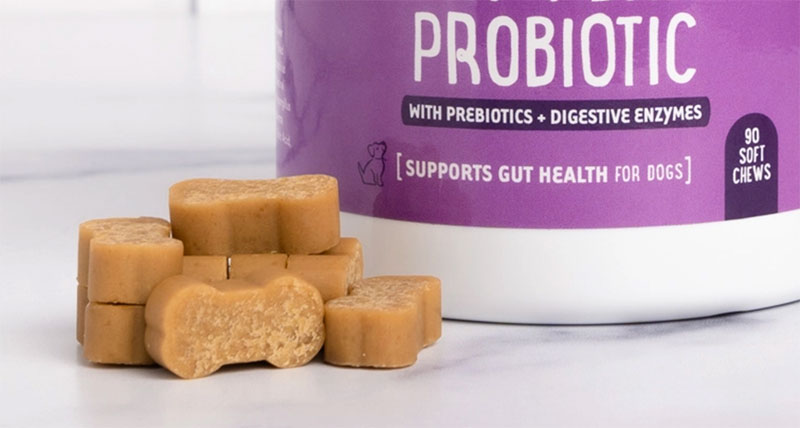
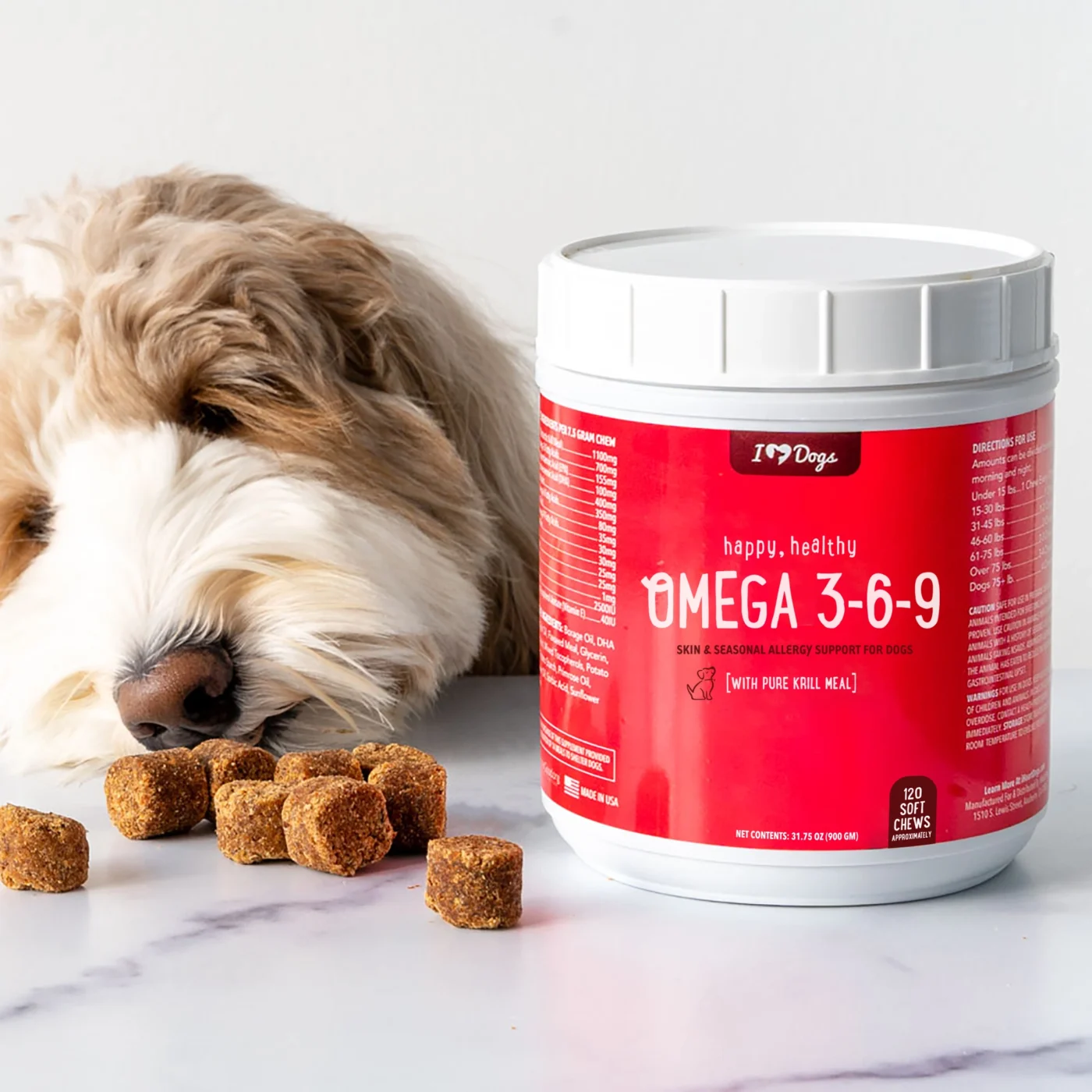
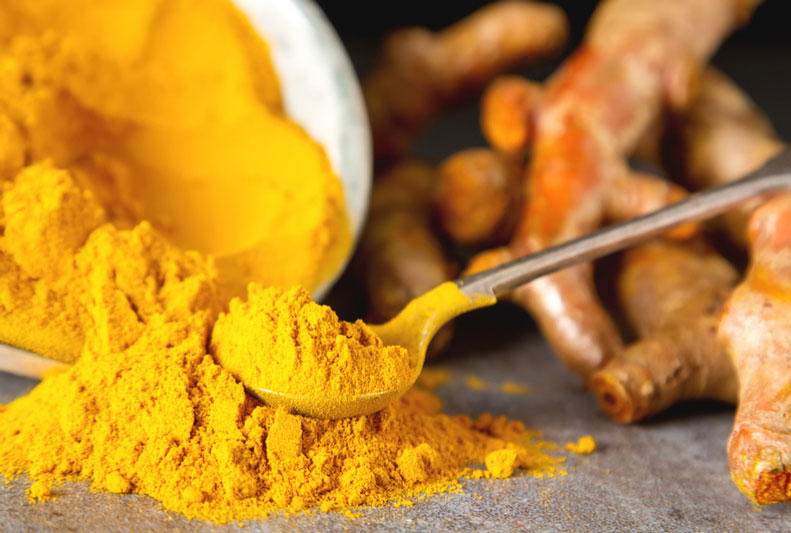
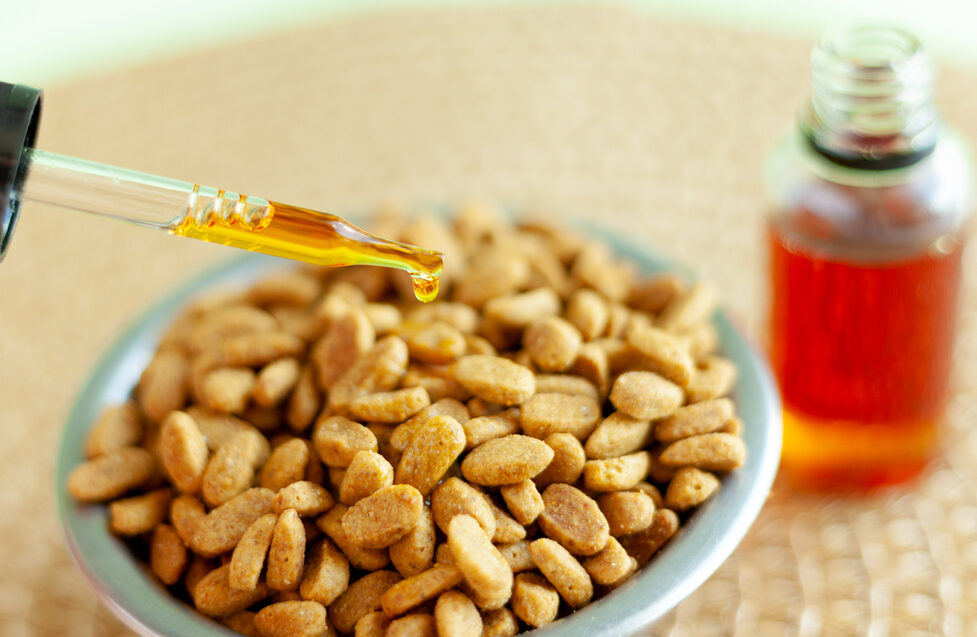
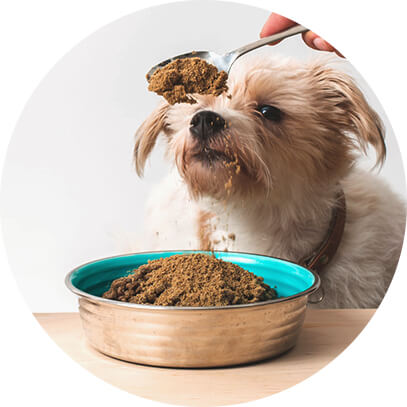
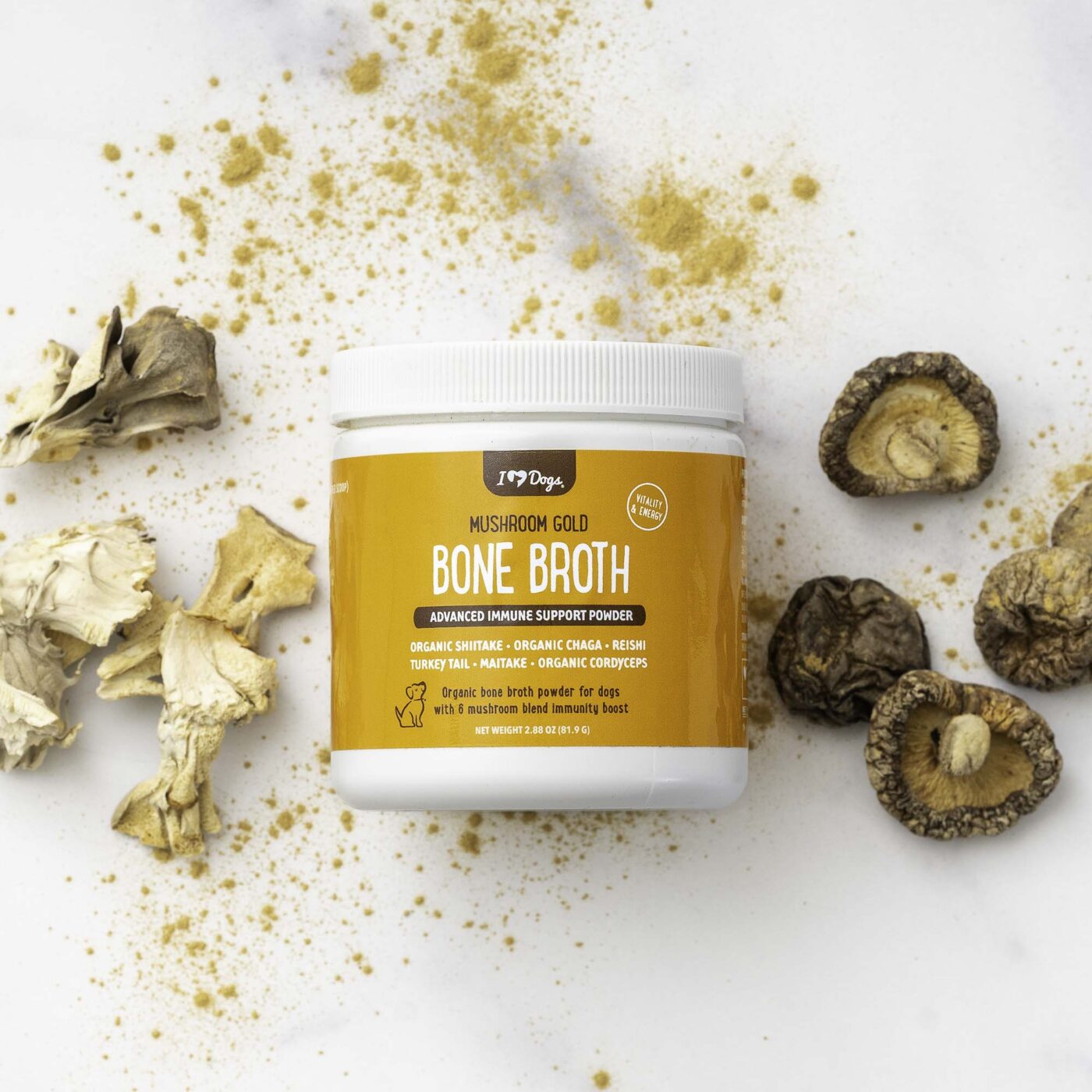
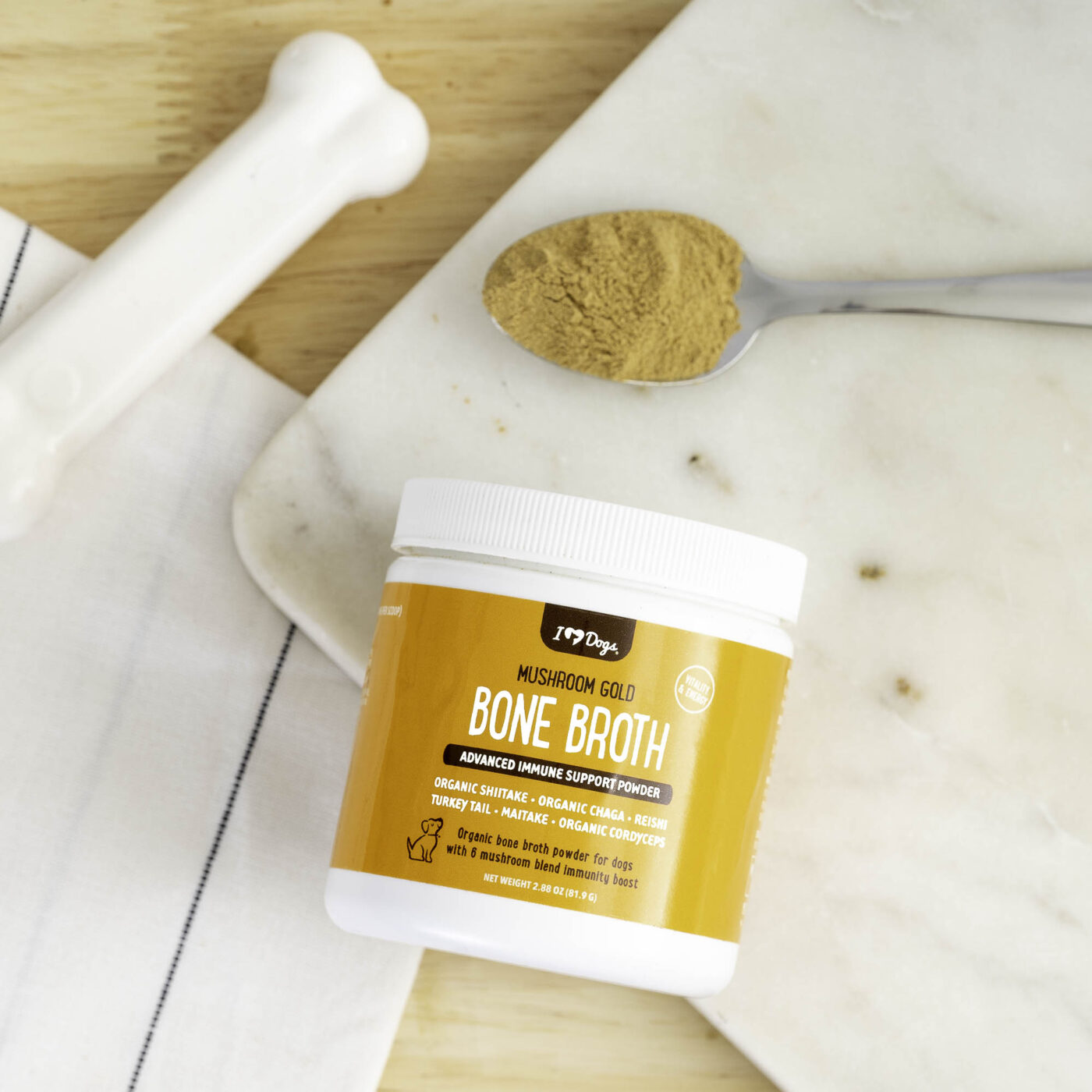










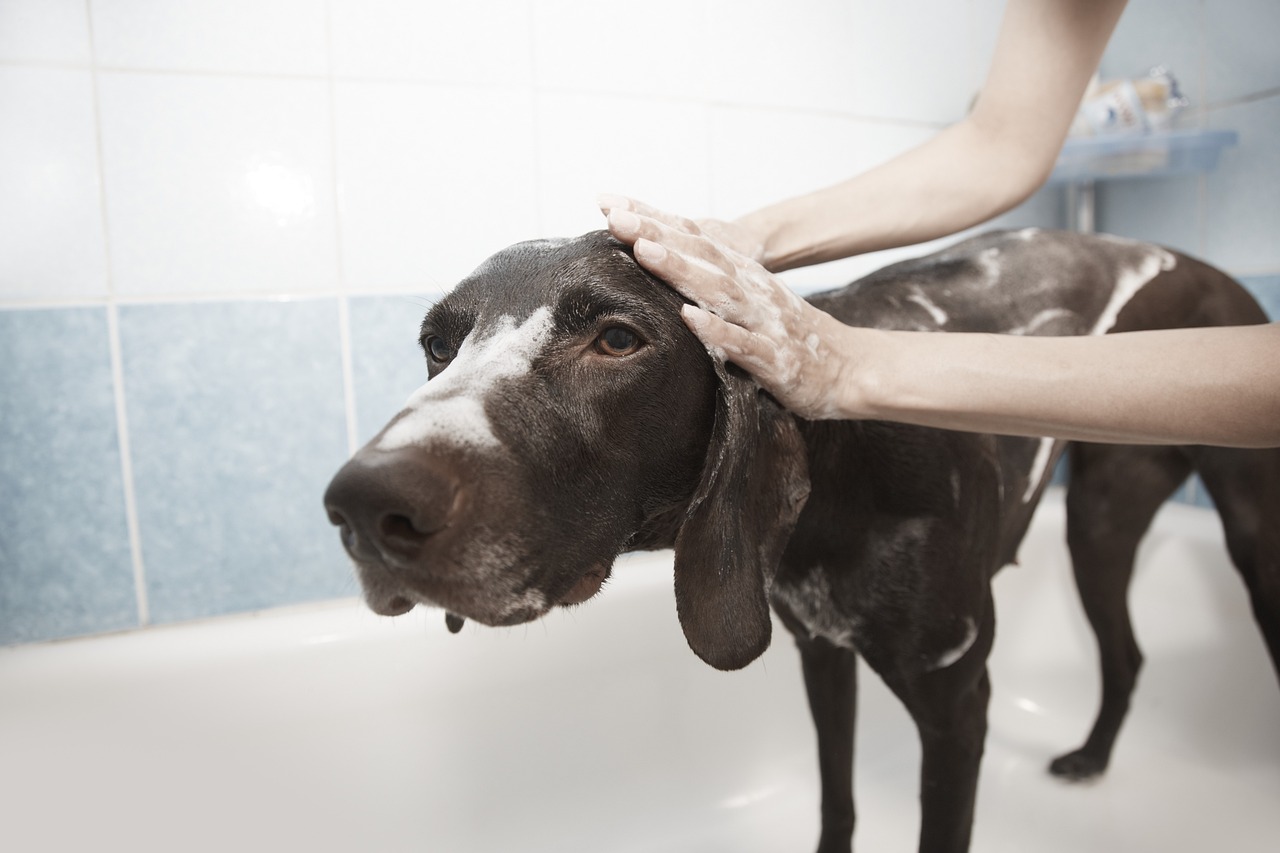







 English (US) ·
English (US) ·